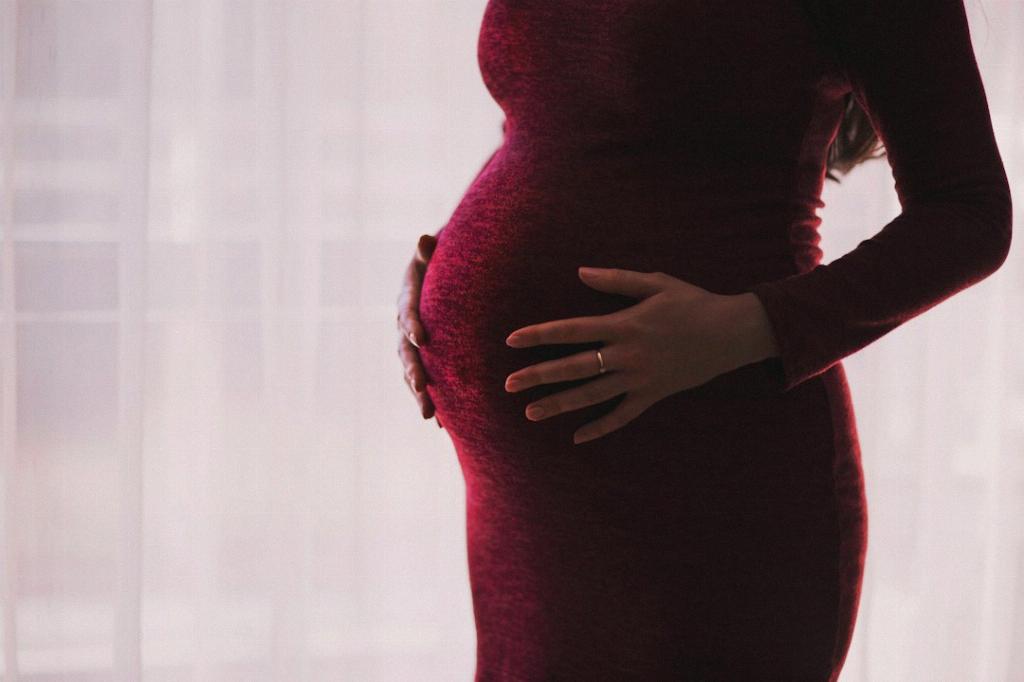When it comes to taking a pregnancy test before your expected period, accuracy is a crucial factor that many individuals often wonder about. The effectiveness of a pregnancy test largely depends on the levels of human chorionic gonadotropin (hCG) hormone in the body, which is produced during pregnancy. Research indicates that the accuracy of a pregnancy test varies depending on how many days before your expected period you decide to take the test.
According to recent studies, the accuracy of a pregnancy test improves significantly as you get closer to the day of your expected period. For instance, about four days before the expected period, a pregnancy test can accurately detect hCG hormone in approximately 86% of pregnant women. This percentage increases to 96% three days before the expected period, and more than 99% two days before, one day before, and on the day of the expected period.
It’s important to understand that the effectiveness of a pregnancy test before the expected period is influenced by various factors, including the sensitivity of the test, the concentration of hCG hormone in the urine, and individual variations in hormone levels. Some pregnancy tests are designed to detect lower levels of hCG, making them more sensitive and capable of providing accurate results earlier than less sensitive tests.
While the statistics may show high accuracy rates for pregnancy tests taken before the expected period, it’s essential to remember that there is still a possibility of receiving a false negative result. This can occur if the test is taken too early when hCG levels are still low or if the test is not conducted correctly. Therefore, it’s advisable to follow the instructions provided with the test kit carefully and consider retesting if you receive a negative result but suspect that you might be pregnant.
For individuals who are eager to confirm their pregnancy as early as possible, taking a pregnancy test before the expected period can provide valuable insights, especially if you are experiencing pregnancy symptoms or have been actively trying to conceive. However, it’s essential to manage expectations and understand that the accuracy of the test may vary based on individual circumstances.
It’s worth noting that the accuracy of a pregnancy test can also be affected by factors such as timing, the type of test used, and how well the test is conducted. To increase the likelihood of obtaining reliable results, it’s recommended to wait until closer to your expected period before taking a pregnancy test. This can help minimize the chances of receiving a false negative result and provide more accurate information about your pregnancy status.
Another important consideration when deciding to take a pregnancy test before your expected period is your emotional well-being. While waiting for the results of a pregnancy test can be an anxious time for many, it’s crucial to approach the testing process with a sense of patience and understanding. Remember that the accuracy of the test can be affected by various factors, and receiving a negative result early on does not necessarily mean that you are not pregnant.
If you have concerns about the accuracy of a pregnancy test taken before your expected period, it’s advisable to consult with a healthcare provider for further guidance. They can offer valuable insights into the testing process, interpret the results accurately, and provide support and information about next steps based on your individual circumstances. Seeking professional advice can help alleviate any uncertainties or anxieties you may have about the testing process.
In conclusion, the accuracy of a pregnancy test taken before the expected period can vary depending on various factors, including the sensitivity of the test, the concentration of hCG hormone, and individual differences in hormone levels. While the statistics may show high accuracy rates for tests taken close to the expected period, it’s essential to approach the testing process with caution, understanding, and patience. By following the instructions provided with the test kit, managing expectations, and seeking professional guidance if needed, you can navigate the process of early pregnancy testing with confidence and clarity.

